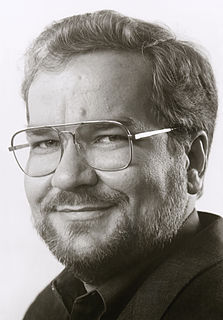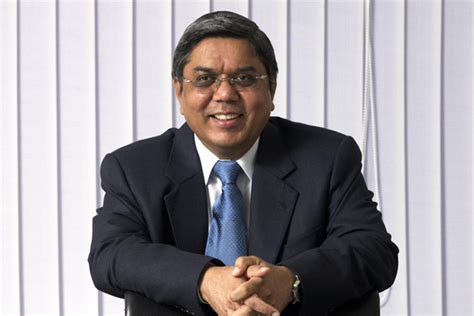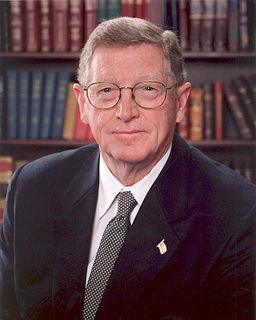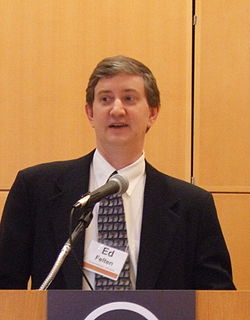A Quote by Bill McKibben
We have to transition to new technologies, making it more expensive to continue with the old and polluting technologies and cheaper to go to the clean ones.
Related Quotes
We have this highly irrational system of incentivizing innovation for clean and green technologies, where we allow the innovator to have a temporary monopoly and then mark up the price of the product or sell licenses at high prices to those who want to use the kind of product that the innovator has invented. This system is collectively irrational because many people, to avoid the inflated prices of still-patented cleaner and greener technologies, opt for some older technology that is much more polluting.
We need scientists to design new fuels. We need farmers to help grow them. We need engineers to invent new technologies. We need entrepreneurs to sell those technologies. We need workers to operate assembly lines that hum with high-tech, zero-carbon components. We need builders to hammer into place the foundations for a clean energy age. We need diplomats and businessmen and women, and Peace Corps volunteers to help developing nations skip past the dirty phase of development and transition to sustainable sources of energy. In other words, we need you.






































